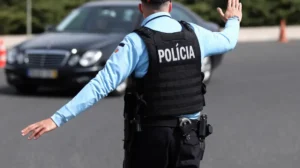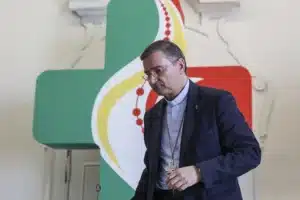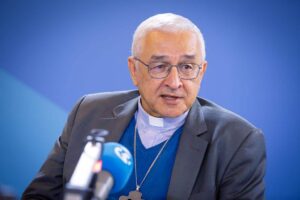Properties were ‘exchanged’ for single studio apartment “that hasn’t even been built…”
Vulnerable families in Porto have been shocked to discover that the Church (their supposed landlord) has handed over the ownership of their homes without telling them.
Correio da Manhã reports today that the Diocese of Porto ‘exchanged’ 15 properties where 15 families have lived for generations for a single T0 (studio apartment) that “doesn’t even exist”.
Residents learnt of the transaction when they received a letter from the new owner (of their homes) – “a company whose physical base does not exist”.
“The diocese refuses to explain the deal”, says CM, even though dozens of people are in despair at the possibility that they will lose the only home they have ever had..
As the paper explains, this is much more than losing a roof over their heads. These people stand to lose their roots, “the house where their parents, grandparents and great grandparents lived”.
Originally, the houses were offered to the Church by a benefactor, precisely for the families of the people who live in them today.
74-year-old Tibúrcio, tells the paper: “The original owner wanted to give the street to the people living in it, but her nephew was against the idea. Our families were very poor, and they were concerned that we would not have the capacity to maintain them, and would end up selling them off. That was more than 60-years ago – and the owner ended up giving the properties to the Church (as she had no heirs)”.
As the story goes, the properties were given to the Church on the condition that it could not sell them, nor increase the rents… Hence the chill of hearing that the Church decided to circumnavigate these conditions by ‘swapping’ the properties over tenants’ heads. With a T0, the diocese will ultimately have a property it could sell and make money from.
“Betrayed” is how Tibúrcio say people feel. The diocese “never said a word to us”. In fact, at first the families thought they could somehow challenge the deeds that will have been signed – but no deeds were signed, as this transaction was what is known as a ‘permuta’ in Portuguese: an exchange/ swap.
CM says that it has tried, without success, to talk to the diocese. “Porto Bishop D. Manuel Linda refuses to speak to the residents”, says the paper – and in this way, he refuses to explain why the Church let go of property that was given to it “with a specific objective” in mind.
Emílio Borges, one of the many residents now facing an uncertain future, said he believes the Church should have at least given the families a proposition. “We are talking of 15 homes, worth more than four million euros (by property standards today)…” he tells CM, stressing that residents could have found a way to give the Church the €230,000 the T0 appears to be costing it.
CM’s story says this situation has caused intense anguish on the street, with many elderly residents losing sleep and terrified of eviction.
The situation has managed to filter through now to Porto mayor Rui Moreira, who has told CM that he has sent a letter to the diocese to see what can be done.
He told the paper that, in his opinion, the least the Church should have done would have been to offer the properties to the municipality, for social housing, on the understanding that it kept the current occupants in place.
“Generations of those families have lived there since the 20s and 30s of the last century”, he told the paper. “These are extraordinary people, with a unique sense of sharing and solidarity. I know the area well. It is a pleasure to walk down that street. They are people who have always known each other, who help each other, and keep the traditions of Porto alive”, Moreira stressed.
So now it is a question of discovering whether the ‘exchange’ can be reverted: José Martins, the lawyer representing the stricken families, seems to suggest it could be an uphill struggle.
CM’s reporters however have discovered that the company now said to be the rightful owner of the homes is based in an empty holiday apartment in Póvoa de Varzim. It apparently belongs to one of the shareholders. ND
Source material: Correio da Manhã




















